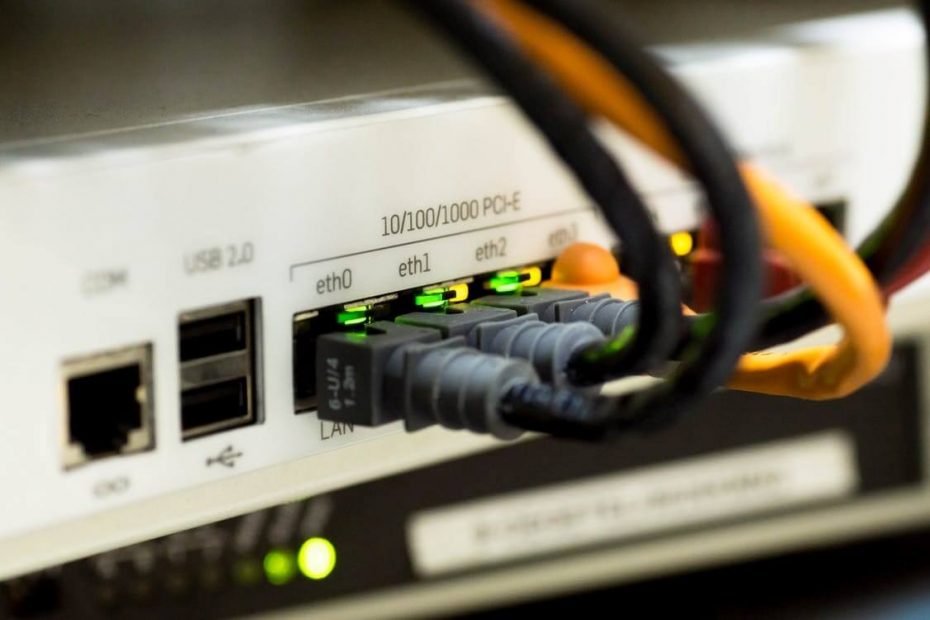Internet services are becoming increasingly widespread as it is estimated there were over 4.66 billion active Internet users across the world at the beginning of 2021. The growing footprint of the Internet raises the question of whether the Internet has become a modern necessity such as electricity, especially in some progressive cities that rely heavily on its effective operation in certain localities. Some cities do have free public Wi-Fi hotspots interspersed throughout their cities to meet the needs of citizens, but other local governments are also considering alternative options such as municipal broadband, which our extensive Internet services that are provided and partially funded by local governments.
What Is A Municipal Utility?
Municipal utilities are similar to publicly owned utilities as they are non-profit government agencies that provide a range of services at the local municipal level. Municipal utilities are a subset of public utilities since they are owned and controlled by a city or a local community, and the city’s public works department frequently manages them. The services aim to assist residents, companies, and industries in the area, and their import is normally incorporated into decision making so the municipal utility can build on local strengths and meet their needs. For example, utilities such as electricity, water, etc., which are essential but not necessarily important or extensively profitable from a business point of view in the public sector, are often offered by municipal authorities in the region.
Unlock the future of intelligent applications with our cutting-edge Generative AI integration services!
Benefits Of Broadband Becoming A Municipal Utility
There are certain merits of broadband becoming a municipal utility, including:
- Local and international businesses that are data-intensive can benefit from the optic fiber network broadband offered by the local municipalities. High-speed Internet services can benefit both residents and businesses alike in the city by providing them with the services at subsidized rates.
- Established organizations such as hospitals, research organizations, schools, and other service providers can increase their service offerings and boost their capabilities to better serve and enhance the standard of living of local communities.
- It attracts profit-making businesses to the area that can benefit from the municipal utility as it provides them with opportunities to grow and expand through the extensive interconnectivity offered by the broadband coverage.
- Additionally, enhanced Internet capabilities also attract new and qualified residents to the area who are looking to develop their ideas into profitable ventures while also providing a pool of qualified workforce applicants that can support local businesses and industries. The introduction of broadband as a municipal utility can also create new job opportunities that can further attract talented and motivated individuals to the city.
- It acts as an investment that can produce a significant return by offering the local population high-tech services and allowing for the rapid adaptation of technology throughout the community. The benefits of modern technological advancement can lead to innovative business is emerging in the local vicinity and making the area into a technological and industrial hub depending on the business applications of implementing a widespread broadband network.
Drawbacks Of Broadband Becoming A Municipal Utility
While the idea of broadband being offered as a municipal utility is interesting, there are certain limitations associated with its implementation, such as:
- There are certain legal barriers in place that prevent the implementation of a municipal broadband system, as even in the United States of America, 26 states have rules and regulations in place due to the monopolistic Internet industry led by cable companies.
- The infrastructure required to set up a high-speed broadband connection with extensive coverage throughout the city or local community requires a substantial financial investment, and even laying down the foundation for a municipal broadband requires an extensive labor force to set up the infrastructure which does not yield in cost savings or profit generation in the short term.
- The amount for setting up the infrastructure comes from local community budgets, which also gives rise to opportunity costs that mean public expenditure could have been spent on more priority projects that provide more short-term benefits and serve the immediate needs of the local community.
- The maintenance and upkeep of such a complicated infrastructure are also extremely challenging to maintain as taxpayer money is used not only for the initial setup cost, which is ruled as a sunk cost but there is also a running maintenance cost as advancements and innovations are being made in the field of Internet and broadband technology which require continuous system updates.
- There are issues of proper coverage as depending on the population density; the Internet service providers might not be interested in assisting with setting up a municipal broadband network if there aren’t enough people in the area to avail the services.
- Privacy is another major concern as, through a municipal network, the local government might have access to the Internet infrastructure and can set their own privacy policy, which might include the government monitoring the local community data.
Small Disadvantaged Business
Small Disadvantaged Business (SDB) provides access to specialized skills and capabilities contributing to improved competitiveness and efficiency.
Conclusion to Should Broadband Become A Municipal Utility
The wide applications of what the Internet has to offer are indeed promising in different industries and sectors as it can be the foundation of innovation and technological advancements that should not be limited to certain individuals or businesses. However, implementing broadband as a municipal utility is a capital and resource-intensive process that is difficult to introduce at a citywide level due to the dynamic nature of Internet technology. The Internet is constantly evolving, unlike other public utilities such as water or electricity that are already optimized for delivery to the general public and don’t require substantial maintenance costs or upgrades, which does not make it feasible to become a municipal utility currently.
Contact us to gain further insight into Should Broadband Become A Municipal Utility. Further blogs within this Should Broadband Become A Municipal Utility category.






